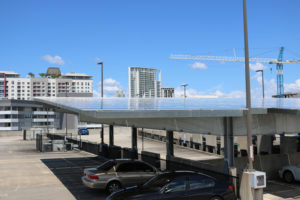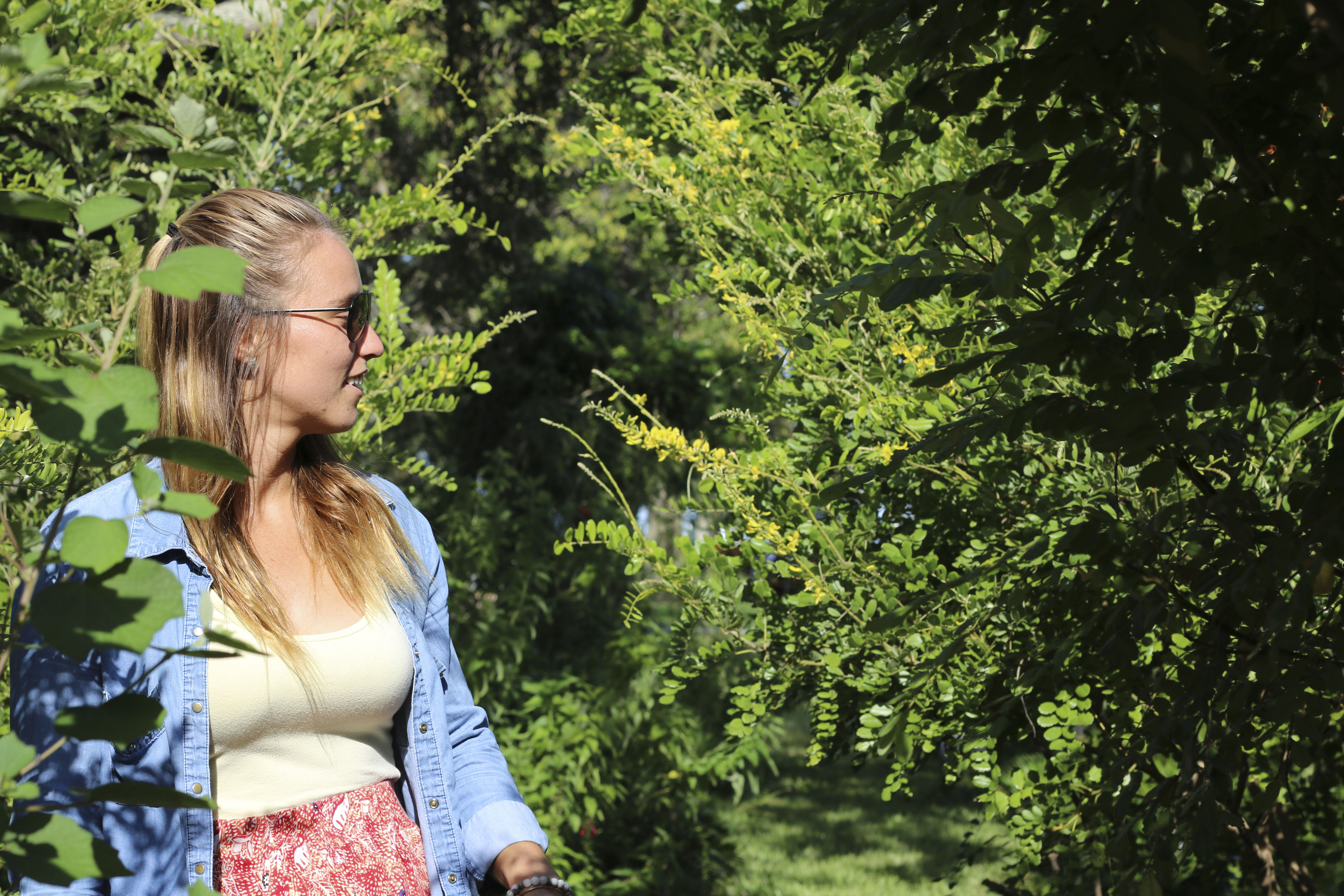The Florida Tea Party, League of Women Voters, Christian Coalition, Nature Conservancy, Florida Chamber of Commerce, and Sierra Club all agree: Amendment 4 is a win for Florida.
This diverse group comprises just a few of the more than 150 endorsements that the solar amendment has received from businesses, organizations and government officials. Even Republicans and Democrats seem to be on board.
The amendment, titled “Solar devices or renewable energy source devices; exemption from certain taxation and assessment,” is on Tuesday’s ballot.
It would amend the state constitution to exempt solar panels, as well as other renewable energy equipment, from the tangible personal property tax for 20 years, starting in 2018.
Homeowners already enjoy a break on property taxes when they install solar panels. This would extend those tax breaks to business owners and commercial properties, essentially exempting the value of solar panels from their overall property value when being taxed. 
It would also extend existing tax relief for residential property owners. As it stands now, the biggest barrier to solar energy in Florida remains embedded in the tax code.
Florida has the third best solar potential of any state, but, it currently sits at a mere 14th for actual solar capacity installed, according to the Solar Energy Industries Association.
“How many commercial rooftops do you see that have solar? Very few. After this amendment that will change,” said state Sen. Jeff Brandes, R- St. Petersburg, an amendment sponsor.
While the amendment has strong bipartisan support, Jason Hoyt of the “Stop Playing Favorites Political Action Committee” has criticized it as the government picFlrking winners and losers. Others have equated it with a solar subsidy.
“I don’t think we’re picking favorites at all,” said Brandes. We’re evening the playing field. People can still buy power on the grid. All we’re saying is that we aren’t going to penalize you for doing a good thing.”
The Crow’s Nest reached out to Hoyt, who had not commented by deadline.
Brandes said that now is the perfect time for this amendment, citing the fact that solar panels are quickly nearing cost competitiveness and that the price has dropped 80 percent in the last 10 years.
Some students at USF St. Petersburg agree.
Alana Todd, an environmental science and policy student who serves as the secretary of sustainable initiatives for Student Government and is a chair of the Clean Energy and Resource Conservation Commission, gave a walkthrough of all of the green initiatives on campus.
“We put on workshops and created a butterfly garden. We go to conferences and are working on a bike share program with the city.”
Todd said that sustainability clubs had earned a Fish and Wildlife Research Institute grant that will provide funding to build a greenhouse in the corner of the permaculture-designed food forest behind Residence Hall One. Earlier her organization helped establish a 100 kilowatt solar panel on the top of the parking garage.
Todd was excited about the prospect of Amendment 4 passing. “Solar has so much untapped potential,” she said.

The Student Green Energy Fund Committee hosted a roundtable discussion on the amendment last Tuesday in conjunction with the Southern Alliance with Clean Energy.
The biggest threat to Amendment 4 is not opposition, but rather the potential for apathy and confusion. There is a similarly sounding utility-backed solar amendment on the November ballot that has caused controversy.
Amendment 1 does not have the bipartisan support of Amendment 4. It has drawn a ton of criticism from pro-solar forces. The amendment aims to guarantee that “electricity consumers have the right to own or lease solar equipment installed on their property to generate electricity for their own use.”
The only problem? Floridians already have that right. Instead, critics point to additional provisions within the amendment that suggest that its real aim may be to allow for all manner of fees and regulation to impact solar users.
Many supporters of Amendment 4 are worried that people will confuse the two. Lexi Ferguson of the Environmental Science and Sustainability Club at USFSP shares this worry, but remains hopeful.
“I think climate change is now becoming a bipartisan topic and with that comes productive decision making involving both parties,” she said.
© Photos by Ryan Callihan/TCN and Tamiracle Williams/TCN



